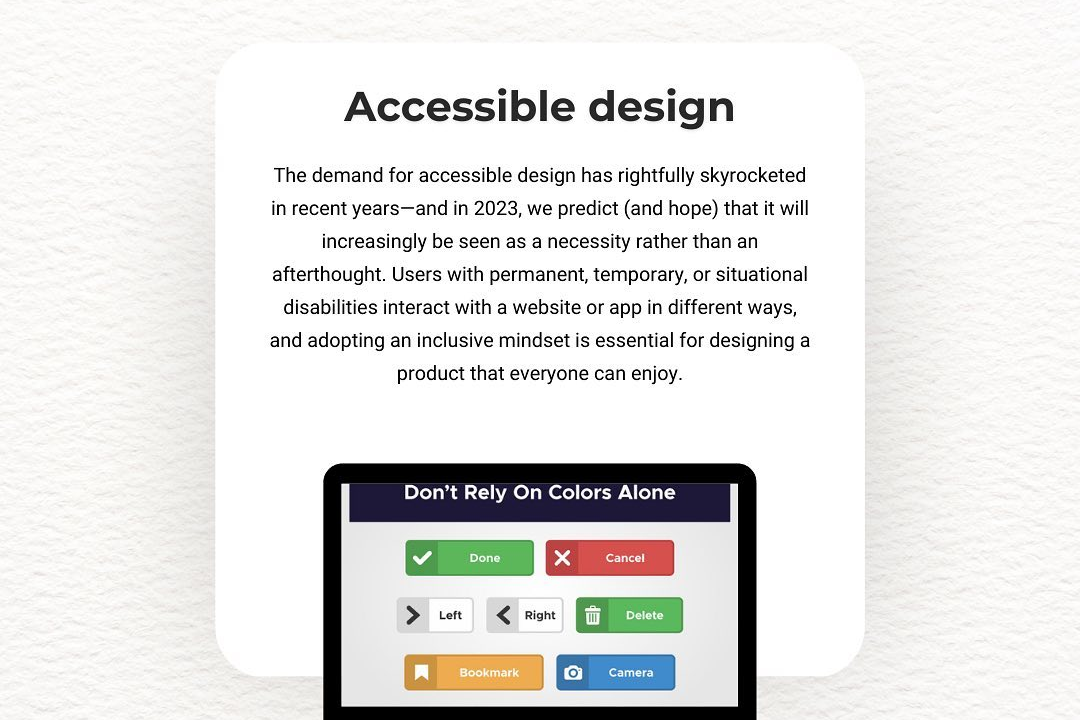What Is The Difference Between Class And Interface In Java
Understanding the Difference Between Class and Interface in Java
What Is The Difference Between Class And Interface In Java
In Java, a class is a blueprint for creating objects that represent real-world entities, defining properties and behaviors. It can contain fields, methods, constructors, and other members. On the other hand, an interface in Java is a contract specifying a set of methods that a class implementing the interface must define. While a class can implement multiple interfaces, it can only extend one class. Classes can have both concrete and abstract methods, whereas interfaces can only have abstract method declarations and constants. Additionally, classes provide the implementation for methods, whereas interfaces only declare methods that implementing classes must define.
To Download Our Brochure: https://www.justacademy.co/download-brochure-for-free
Message us for more information: +91 9987184296
1 - An interface in Java is a reference type, similar to a class, that can only contain constants, method signatures, default methods, static methods, and nested types. A class in Java is a blueprint from which objects are created, which can contain fields, methods, constructors, and nested classes/interfaces.
2) A class can define both abstract and concrete methods, whereas an interface can only define abstract methods (method signatures without implementation).
3) Multiple interfaces can be implemented by a class using the `implements` keyword, but a class can only extend one class using the `extends` keyword due to Java's single inheritance model.
4) Classes can have fields (variables), constructors, and methods with different access modifiers (public, private, protected, default), while interfaces do not have fields, constructors, or method bodies, only method signatures.
5) Classes can have instance variables (fields) that can be inherited by subclasses, whereas interfaces cannot have any instance variables.
6) Interfaces can be used to achieve abstraction and provide a contract without specifying the implementation details, allowing classes to implement the interface and define the behavior.
7) Classes can be instantiated to create objects, whereas interfaces cannot be instantiated on their own. Instead, interfaces are implemented by classes, providing a way for classes to define specific behaviors and share common functionality.
8) Interfaces support multiple inheritance in Java, as a class can implement multiple interfaces, allowing for flexibility in adding functionalities to classes without creating a class hierarchy.
9) When designing a program, using interfaces can help in achieving loose coupling and flexibility in changing implementations without affecting the client code.
10) Understanding the differences between classes and interfaces is fundamental in Java programming and essential for creating well structured, modular, and easily maintainable code. Offering training programs focusing on this topic can help students grasp the core concepts and principles of object oriented programming in Java.
Browse our course links : https://www.justacademy.co/all-courses
To Join our FREE DEMO Session: Click Here
Contact Us for more info:
Java Collection Interview Questions
What Is Difference Between Html And Dhtml
Aws Devops Interview Questions
Difference Between Throw And Throws Keyword In Java
Web Development In Mumbai











